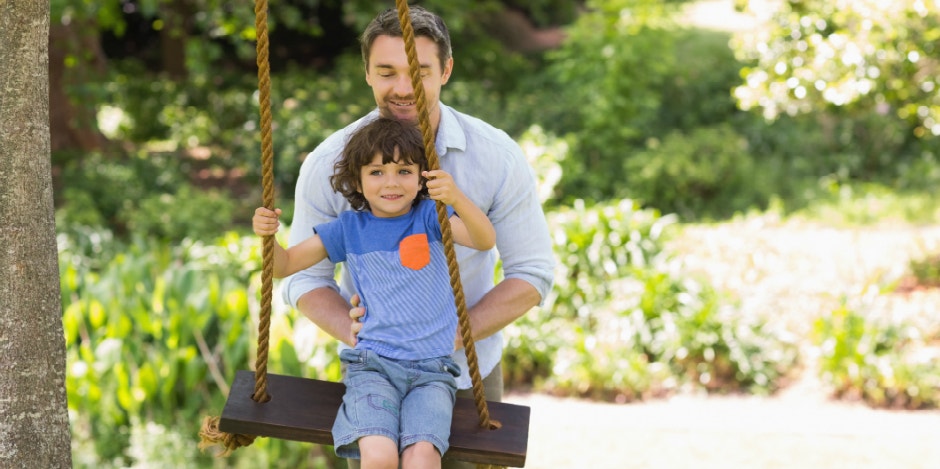What I Did To Become The Perfect Model For My Children
Raising kids can be hard. Here's how to be a good model and shape your children into better people.

How do we raise good kids? The question of how to instill a sense of morality, ethics, and good old fashioned "right and wrong" extends beyond religions, yet encompasses all cultures. But, what parenting tips does one use to encourage these values in children without making them dogmatic, fanatic, or even worse—intolerant of others? It doesn't necessarily have to be about religion.
I have met many Atheists who believe in ethical and moral behavior. The topic is not exclusively for the so-called "religious." Behavior that encourages the betterment of humankind, respect and tolerance for all, the protection of the planet, animals, the environment, and family, is behavior that should be modeled for children by their parents. It falls on the parents to teach, practice, and model these values.
Maybe some consider this New Age spirituality, but these values have been preached for thousands of years in many different cultures. Some might not consider this spiritual at all, but when a lifestyle is filled with the joy of doing what is best for all earthly creatures, we build an inner connection with the Divine, the Higher Consciousness, Spirit, God ... or whatever you want to call it.
We elevate ourselves to a plane of quantum consciousness. The continued practice of these values becomes slowly absorbed in all areas of our life, and we come to know we are living a life well-lived. Better yet, we learn to share this "light" with others. So, how do we pass this on to our children? It's all about setting the example.
Children do as we do, and not what we tell them to do. Teaching a child is more about practicing what we preach than anything else. Dr. Linda Metcalf, in her book Parenting Toward Solutions, stresses the importance of listening to our children. In one case study, she says to a parent, "Observe your daughter as an innocent, vulnerable person who is less experienced than you are." Children are just people with much less experience and brain development, but with huge potential beyond our wildest dreams.
Children, with the exception of those exhibiting psychopathologies, have an inner drive to do what is good and to please their parents. Honoring as sacred their beautiful intentions will aid in building their connection to their own spirituality. In the book The Seven Spiritual Laws for Parents: Guiding Your Children to Success & Fulfillment, by Deepak Chopra, Dr. Chopra expands on these basic principles or laws—Everything is possible. If you want to get something, give it. When you make a choice, you change the future. Don't say no; go with the flow. Every time you wish or want, you plant a seed.
Enjoy the journey. You are here for a reason. I truly believe these statements or principles can help set the stage for the unfolding of spirituality in the young mind. It does not matter what religion you are, or whether or not your family even has any religious practice. Spirituality is about aspiring to a higher version of oneself. Spirituality is about learning to connect with a dimension that connects us with all other beings, plants, and our planet.
My own experience has showed me that I could use a simple checklist to remind myself to use positive reinforcement to help my children feel better about whom they are, and their place in the Universe. The checklist below was a daily ritual for me. Some days it was hard to remember, but it was worth more than diamonds. I call it "The Diamond Checklist." I urge you to create your own, and use it daily:
- Did I mention to my child today how I like "this or that" about who they are, or what they do?
- Did I tell them I love them?
- Did I ask them about their day?
- Did I mention how we as a family might be able to make someone, something (a pet, a neighbor, a plant, or the community) be or feel better today?
- Did I tell my children how thankful I am for who they are, who I am, and what we have?
- Did I encourage them to have some "quiet" time?
More juicy content from YourTango:
